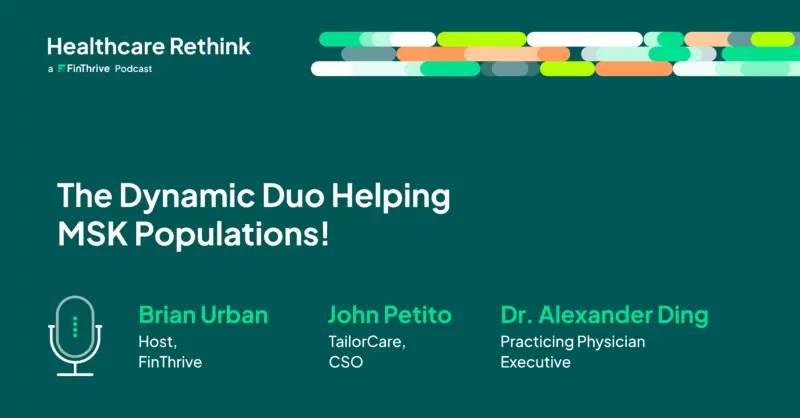How AI is Addressing Health Care Organization’s Biggest Painpoints
Artificial Intelligence (AI) is making significant strides in addressing some of the biggest pain points in healthcare organizations. Here are a few key areas where AI is making an impact:
Medical Imaging and Diagnostics: AI algorithms have shown promise in analyzing medical images such as X-rays, MRIs, and CT scans. AI can assist radiologists by identifying abnormalities, detecting early signs of diseases, and providing more accurate diagnoses. This helps reduce human error, improves efficiency, and enables faster treatment decisions.
Electronic Health Records (EHRs): EHRs are critical for maintaining patient records, but they can be complex and time-consuming to navigate. AI-powered solutions can help automate data entry, documentation, and coding processes, reducing administrative burden on healthcare providers. Natural Language Processing (NLP) algorithms can extract relevant information from unstructured clinical notes, enabling easier data retrieval and analysis.
Clinical Decision Support: AI-based clinical decision support systems integrate patient data, medical literature, and best practices to provide personalized treatment recommendations. These systems can assist healthcare professionals in making evidence-based decisions, reducing errors, and improving patient outcomes. AI algorithms can analyze large volumes of data to identify patterns, predict disease progression, and suggest optimal treatment options.
Predictive Analytics and Population Health Management: AI algorithms can analyze patient data to predict disease risks, identify high-risk populations, and optimize care management strategies. By analyzing historical data, AI can help healthcare organizations proactively identify patients who may require intervention, preventive care, or targeted interventions, leading to better resource allocation and improved population health outcomes.
Virtual Assistants and Chatbots: AI-powered virtual assistants and chatbots can improve patient engagement and enhance access to healthcare services. They can provide personalized health information, answer common queries, schedule appointments, and offer guidance on self-care. These tools can alleviate the burden on healthcare call centers, improve patient satisfaction, and enable quicker access to healthcare resources.
Fraud Detection and Revenue Cycle Management: AI algorithms can analyze claims data to identify anomalies, patterns of fraudulent activity, and coding errors. By automating fraud detection processes, healthcare organizations can reduce financial losses and ensure compliance with regulatory requirements. AI can also improve revenue cycle management by optimizing billing, claims processing, and denial management, leading to faster reimbursement and increased revenue.



